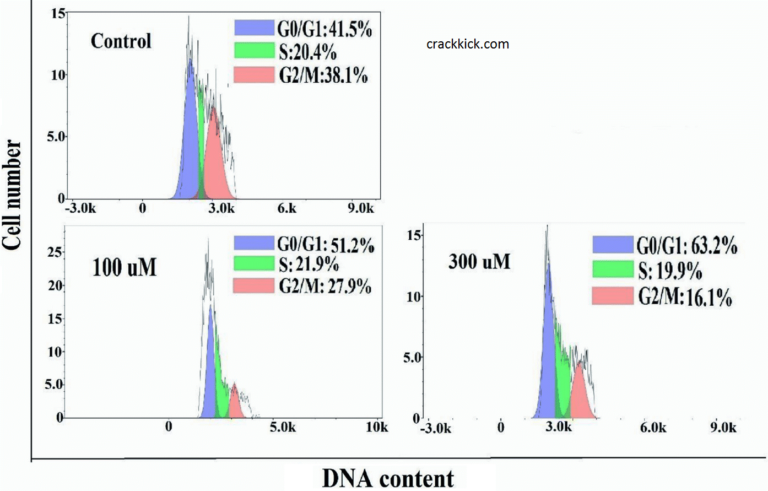

The five-year survival rate of MIBC is less than 70%, even worse for metastatic form. The muscle invasive bladder cancer (MIBC) without metastasis is managed by radical cystectomy with/out neoadjuvant chemotherapy, however it has high recurrence and metastasis rate. Even following effective treatment like transurethral resection of bladder cancer and intravesical chemotherapy, part of non-muscle-invasive bladder cancer can progress to muscle invasion. About 75% bladder cancer is non-muscle-invasive at diagnosis, and the remainder present as muscle invasion with/out metastasis. Our study confirmed the contribution of bladder cancer derived exosomes on the establishment of immunosuppressive TME and provided a potential therapeutic target for bladder cancer treatment.īladder cancer is one of the most common type of cancers, with more than 357,000 new cases and 130,000 deaths worldwide each year.

Moreover, hindrance of the generation or secretion of exosomes by GW4869 inhibited macrophages differentiation into immunosuppressive phenotype and function, thereby suppressed tumor growth in a mouse subcutaneous tumor model. Mechanically, the MB49-derived exosomes induced macrophage M2 polarization was mediated by down-regulation of PTEN and activation of AKT/STAT3/6 signaling. MB49-derived exosomes could be ingested by macrophages, consequently promoting macrophages immunosuppressive polarization.

Exosomal miRNAs were analyzed by microarray to identify potential targets regulating macrophage polarization. The immunosuppressive phenotype and function of MB49-derived exosomes stimulated macrophages were verified by tumor xenograft assays and T cell co-culture experiments. The effects of MB49-derived exosomes on macrophages polarization were analyzed by qPCR, flow cytometry, and Western blot. MethodsĮxosomes were extracted from bladder cancer cells MB49 conditioned medium by ultracentrifugation. However, the mechanism of tumor derived exosomes promotes bladder cancer progression have not been defined. Exosomes mediated crosstalk between tumor cells and other stromal cells including tumor associated macrophages plays an essential role in reprogramming tumor microenvironment (TME) to facilitate tumor progression.


 0 kommentar(er)
0 kommentar(er)
